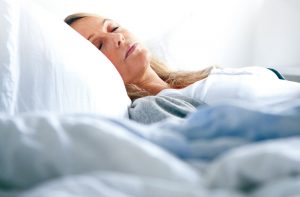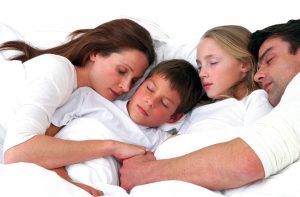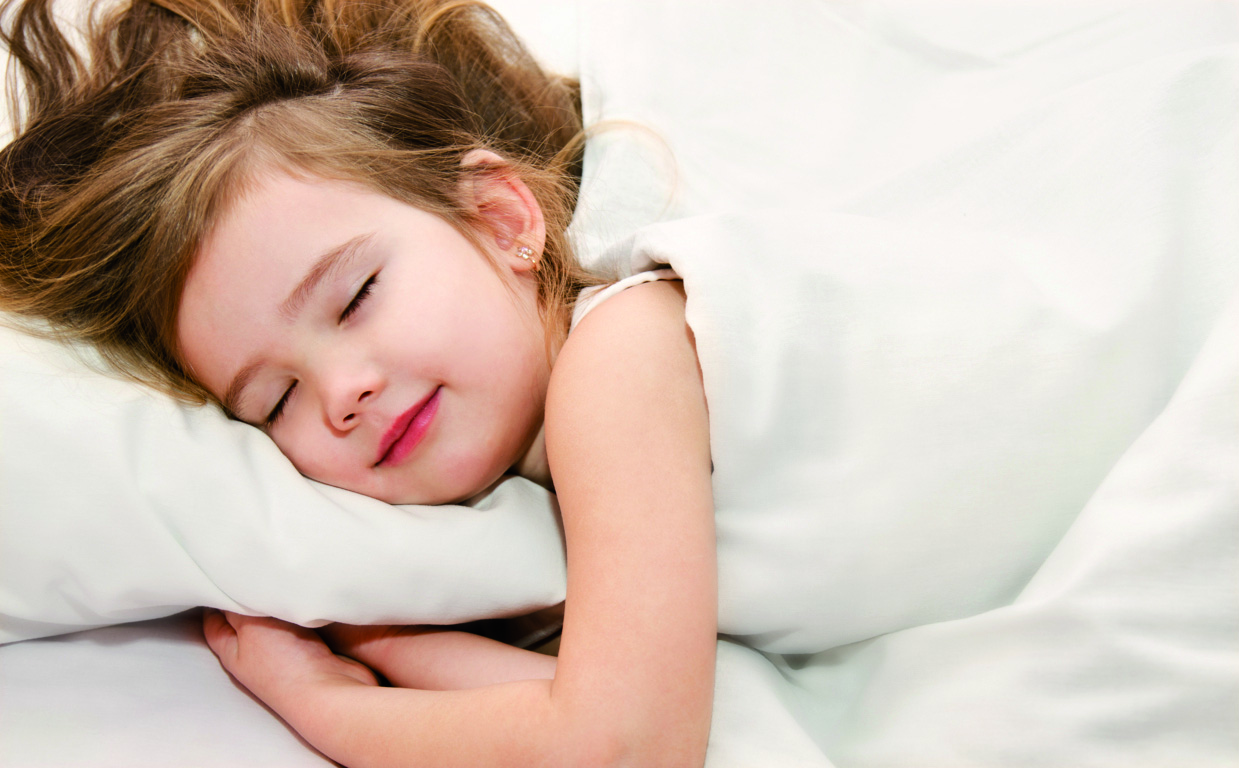
* Vital information about sleep for everybody
Prof. Okan Bolukbası, M.D., from Neurology Department of Okan University Hospital furnished us with important details about sleep in an interview for Sleep Well magazine.
What is sleep?
It is very difficult to describe sleep in scientific terms. Until the 1950s, many people supposed sleeping was an inactive part of our daily life. But, now we know that our brain is very active during sleep. Moreover, we are confident that sleep affects our physical and mental health.
What are causes of insomnia?
Drugs and sprays that help breathing, caffeinated beverages, diet pills, diseases, bad conditions in the bedroom…
Does smoking affect negatively?
It does very much. Smoking addicts usually have a very light sleep (catnap). REM sleep (the period of sleep characterized by active eye movements) is especially short. They sleep for 3 to 4 hours after they fall asleep as blood nicotine level decreases below the critical level. Alcohol also influences quality of sleep negatively. Most people with sleeplessness try to solve the problem with alcohol. But, this is just like jumping out of the frying pan into the fire. Person becomes alcoholic without even recognizing this fact! However, alcohol triggers only a light sleep (nap). It shortens other periods of sleep that have repair function.
What is the optimal duration of sleep?
Infants usually require 16 hours of sleep. In most adults, 7-8 hours of sleep is sufficient. Young adults need nine hours of sleep on average. Women need more sleep in the first 3 months of the pregnancy. The unmet need of sleep causes a kind of “sleep debt”. The body will request pay-back of the debt soon or later. Inadequate sleep affects the reasoning or reaction times negatively. As people get older, sleep time shortens and sleep becomes lighter. Insomnia is a common problem for people older than 65.
 When is it recognized as a problem?
When is it recognized as a problem?
If you feel sleepy all day long or if you are able to fall asleep immediately even at a 5-minute break, you have a serious sleep problem.
What problems cause insomnia?
Sleep-related health problems are related with almost all disciplines of the medicine. For example, paralysis or asthma episodes occur more commonly during sleep in the evening or early morning rather than the daytime. Possible cause is the changes in the heart rate or hormone levels. Insomnia triggers the development of seizures in some types of epilepsy.
Why do we get sleepy during flu?
There is a close relationship between the nerve cells regulating the sleep and the immune system. Our body produces certain chemicals, called ‘cytokines’, while fighting against infectious diseases. These cytokines are also potent sleep stimulants.
Is there any relationship between mental disorders and insomnia?
Sleep problems develop in the majority of mental illnesses. For example, depressive patients get up very early in the morning and often fail falling asleep despite a strong wish. The duration of actual sleep poses direct effect on severity of symptoms in mental diseases. In patients with manic-depressive disorder, sleep deprivation can trigger manic periods (aggression and hyperactivity).
What is the sleep apnea?
It implies interruption of breathing during sleep. Poor oxygenation over the night can lead to headache in the morning and tiredness throughout the day. Absence of sexual drive, weakening of cognitive functions, increased blood pressure and irregular heart rhythm are possible consequences. Sleep apnea significantly increases the risk of stroke or heart attack. It is among the causes of death due to respiratory arrest during sleep. If the sleep apnea is left untreated, the risk of a traffic accident increases three folds.
What is restless leg syndrome?
The term refers leg cramps, numbness, pinching and tingling sensations especially in legs during sleep. The patient constantly needs to move legs. It can be develop at any age. Anemia (iron deficiency anemia), pregnancy and diabetes mellitus pave the way for this condition. The patient relaxes in response to dopamine derivatives – a neurochemical stimulant.
 IF YOU WANT TO FALL SOUND ASLEEP
IF YOU WANT TO FALL SOUND ASLEEP
- If you are taking a nap during the day, do not exceed 30 minutes. Longer naps will affect the night sleep negatively.
- Stay away from stimulants such as caffeine and nicotine before going to sleep. You can eat a high protein snack or a fruit 2-3 hours before sleep. These foods boost synthesis of sleep-regulating hormones. But stay away from cereals and sugar as they deteriorate the rhythm of sleep. Avoid fatty, fried, spicy and carbonated food and beverages as well as ones that contain vinegar.
- Exercise ensures a good quality of sleep. Even a 10-minute biking or jogging will significantly increase the quality of night sleep. However, do not exercise strenuously during bedtime.
- Stay exposed to natural light all day long. Your bedroom should not be so bright at night.
- Get a useful relaxing habit before sleep, such as warm shower, reading book, light stretching exercises, meditation…
- Avoid extremely emotional speech or environments before sleep.
- Your bed linen and bedcover set are appropriate, and your pillow and bed should be comfortable. Your bedroom should be cool, not hot or even warm. One of the signs that prepare the body for sleep is the decreased ambient temperature.
- Your bedroom should be free of light and sound sources, such as televisions and mobile phones. If necessary, you may use dark curtains, fan, air humidifiers, and earplugs.
- Do not let any electric appliance to be closer than 1 meter. Do not use noisy alarms. They create anticipation anxiety in the body.
- Use your bed only to sleep. Go to bed as early as possible. 23.00 is the most ideal time. Because our adrenal system starts regenerating between 23.00 and 01.00. You had better be asleep at this interval. The gallbladder also detoxifies the body in this period. If you wake up, the poisons return to the liver.
- Do not change your bedtime. Get up in the morning at the time you need to get up.
- Wear bed socks. Feet are the most chilled area of the body. Wearing bed-socks reduces sleep interruptions in the evening. Forget about your daily business in the last 2 hours before you go to bed.
- You can listen to relaxing music. Spiritual practices and readings that comfort you will be useful before sleep
- Take as few drugs as possible. Most drugs affect sleep patterns.
- Get down to your ideal weight.
- Avoid foods that disturb you or cause gas distension.
#sleep #golden rules #Insomnia #sleep apnea




